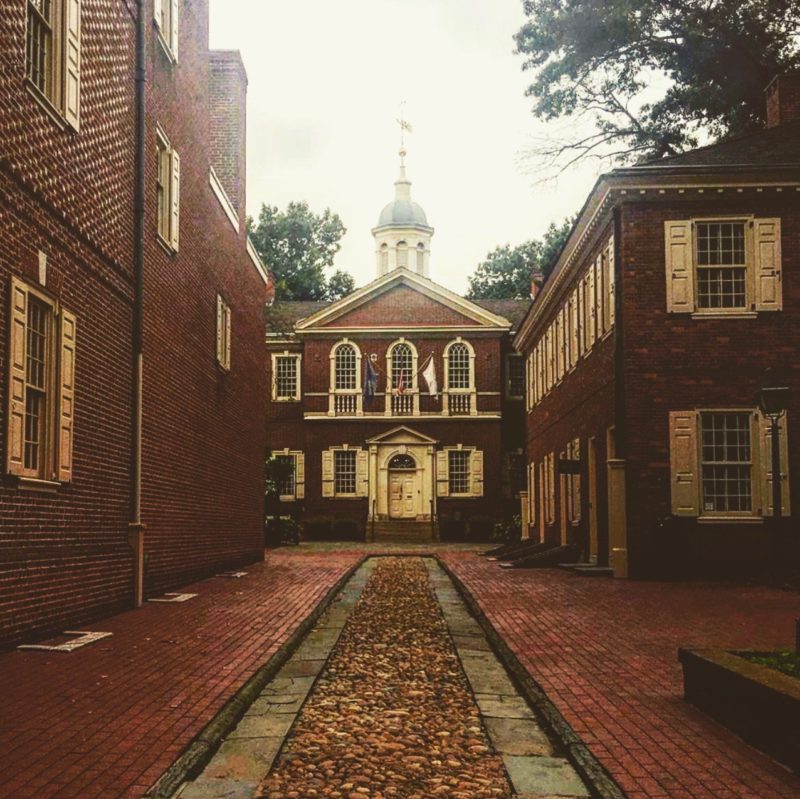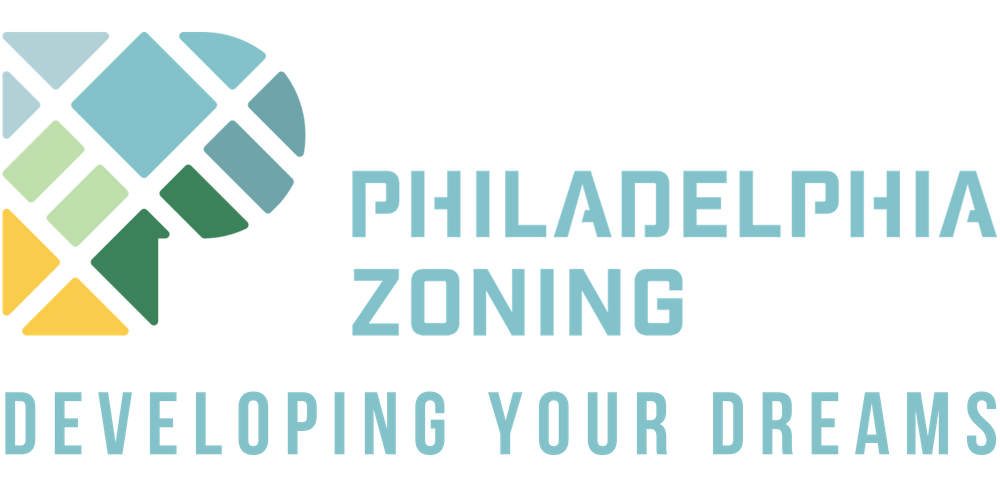
Expediting Versus Accelerating
Expediting Versus Accelerating
Last week we debunked many of the myths and misconceptions surrounding the art of expediting. This week we decided to follow up that conversation with a post specifically dedicated to the differences between expediting and accelerating.
Expeditors, as previously explained, can increase the speed and efficiency of obtaining permits by filing paperwork correctly and mitigating setbacks along the way. However, another way to increase the expediency with which your permits get approved is by accelerating your applications.
Accelerated applications have a shorter review period than standard applications. For a fee- $540 for Building and $420 for Zoning, your applications will be put into a special queue of applications which are reviewed in 10-business days as opposed to the standard 20-business days.
Which Applications Can Be Accelerated?
An important point to keep in mind when deciding whether or not to accelerate your application is that not all applications can be accelerated.
Permits which require plans, such as full demolition applications, multi-family new construction, or alteration and most other applications do qualify for acceleration. Whether or not this accelerated review is worth the money depends on the urgency of your project, and therefore varies on a case by case basis.
However, there are many cases where this question is altogether irrelevant. For instance, an alterations permit for a single-family home will automatically go into the queue for 10-day review, so you do not have the option to accelerate it. Change of use permits, which are not issued over the counter, also goes into the 10-review queue without an additional fee.
Same Day Permits
Another instance in which you cannot pay to accelerate your permit is when the permit can be issued over the counter. Many use registration permits can be processed the same day they are applied for. By-right uses such as personal services, i.e. a gym, in a commercial mixed use (CMX) district* will be reviewed and issued the same day.
However, uses such as the creation of a parking lot on a property, which requires plans, will be taken in for review. These will be reviewed within 10 business days, and cannot be accelerated.
Another point worth mentioning here is that parking is very tightly controlled in this city and therefore almost exclusively prohibited by-right. This is not to say you cannot get approval to add a parking spot to your property, it just means that is will most likely require special approval or a zoning variance.
Final Notes on Acceleration
Another type of permit you can commonly get over the counter is an interior demolition permit. This is a type of building permit for cosmetic demolition. To obtain this kind of permit you must meet certain criteria- you cannot make any structural changes to the building, you cannot alter the fire-suppression system in any way, the building cannot be historic, and you must obtain a dumpster permit and footway closure permit from the streets department.
Additionally, although this permit will be issued over the counter, if the property you are renovating was constructed prior to 1980 you must submit an asbestos report with your application.
Accelerating permit applications is an important step to streamline your review process. Once your application is marked for a particular review period that is the standard, regardless of how many times it is reviewed. So if you receive a request for additional information, as is common in this process, when you submit that information the review period resets, but it is still accelerated.
Whether you are working with an expeditor or not, if your project does not qualify as an EZ permit and is not issued over the counter, then you should consider paying to have it accelerated.

